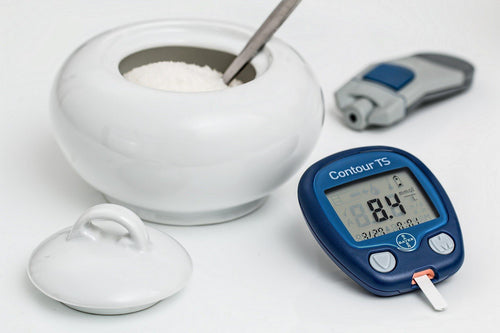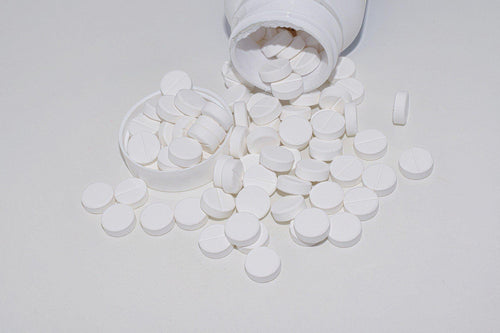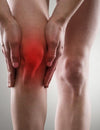As more and more research is being conducted on the bacterial flora of the intestines, the more we realize how important it is to have an abundant and diverse bacterial population of the healthy kind. The researchers of the following study found that patients with symptomatic atherosclerosis had more of certain gut bacteria than healthy controls (Karlsson FH, et.al., 2012).
The bacterial flora is associated with our inflammatory status, that’s what these researchers suggested, and we know that inflammation in the gastrointestinal tract creates inflammation other places in the body and is a risk factor for atherosclerosis.
Your bacterial flora can for that reason clog up your arteries if you have the wrong type of bacteria.
When bacteria in atherosclerotic plaques were examined, specific types were identified, and some types correlated with total cholesterol and fibrinogen levels (Ziganshina EE, et.al., 2016). Periodontal disease has also been associated with atherosclerosis.
Bacterial DNA was detected in atherosclerotic plaque, and the amount of DNA correlated with the number of leukocytes (a type of white blood cell), found in the atherosclerotic plaque (Koren O, et.al., 2011). Leukocytes are involved in the inflammatory response.
Several types of bacteria in the mouth and the gut correlated with blood cholesterol levels. How can you increase the number of friendly bacteria in the gastrointestinal tract?

These bacteria feed on a variety of plant fiber. When you eat a plant-based diet with a variety of vegetables, legumes, nuts and seeds, your healthy flora will increase, and these bacteria reduce inflammation.
References
Karlsson FH, Fåk F, Nookaew I, Tremaroli V, Fagerberg B, Petranovic D, Bäckhed F, Nielsen J. Symptomatic atherosclerosis is associated with an altered gut metagenome. Nat Commun. 2012;3:1245.
Koren O, Spor A, Felin J, Fåk F, Stombaugh J, Tremaroli V, Behre CJ, Knight R, Fagerberg B, Ley RE, Bäckhed F. Human oral, gut, and plaque microbiota in patients with atherosclerosis. Proc Natl Acad Sci U S A. 2011 Mar 15;108 Suppl 1:4592-8.
Ziganshina EE, Sharifullina DM, Lozhkin AP, Khayrullin RN, Ignatyev IM, Ziganshin AM. Bacterial Communities Associated with Atherosclerotic Plaques from Russian Individuals with Atherosclerosis. PLoS One. 2016 Oct 13;11(10):e0164836.

Learn to Eat Program
Use neurotransmitters to your advantage to help change your eating habits so you achieve your goals.







